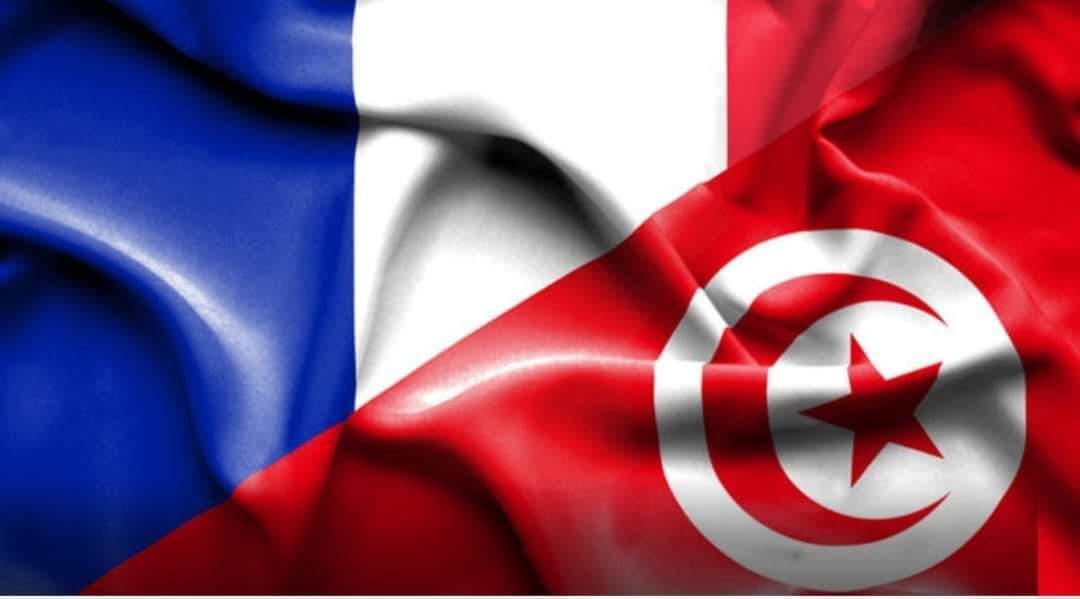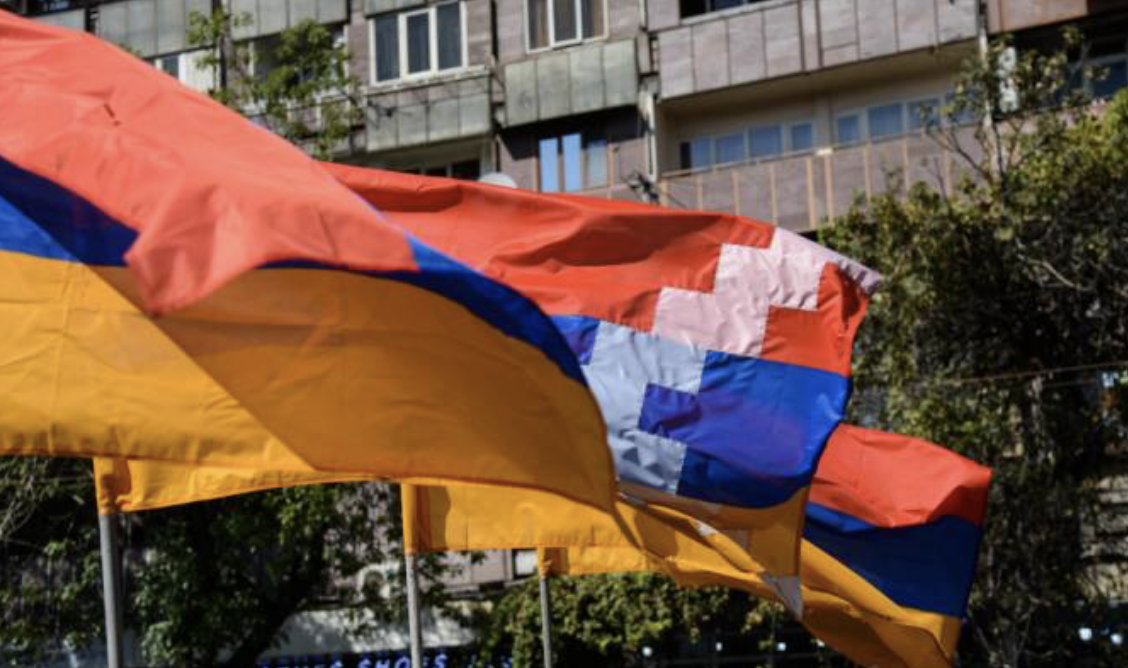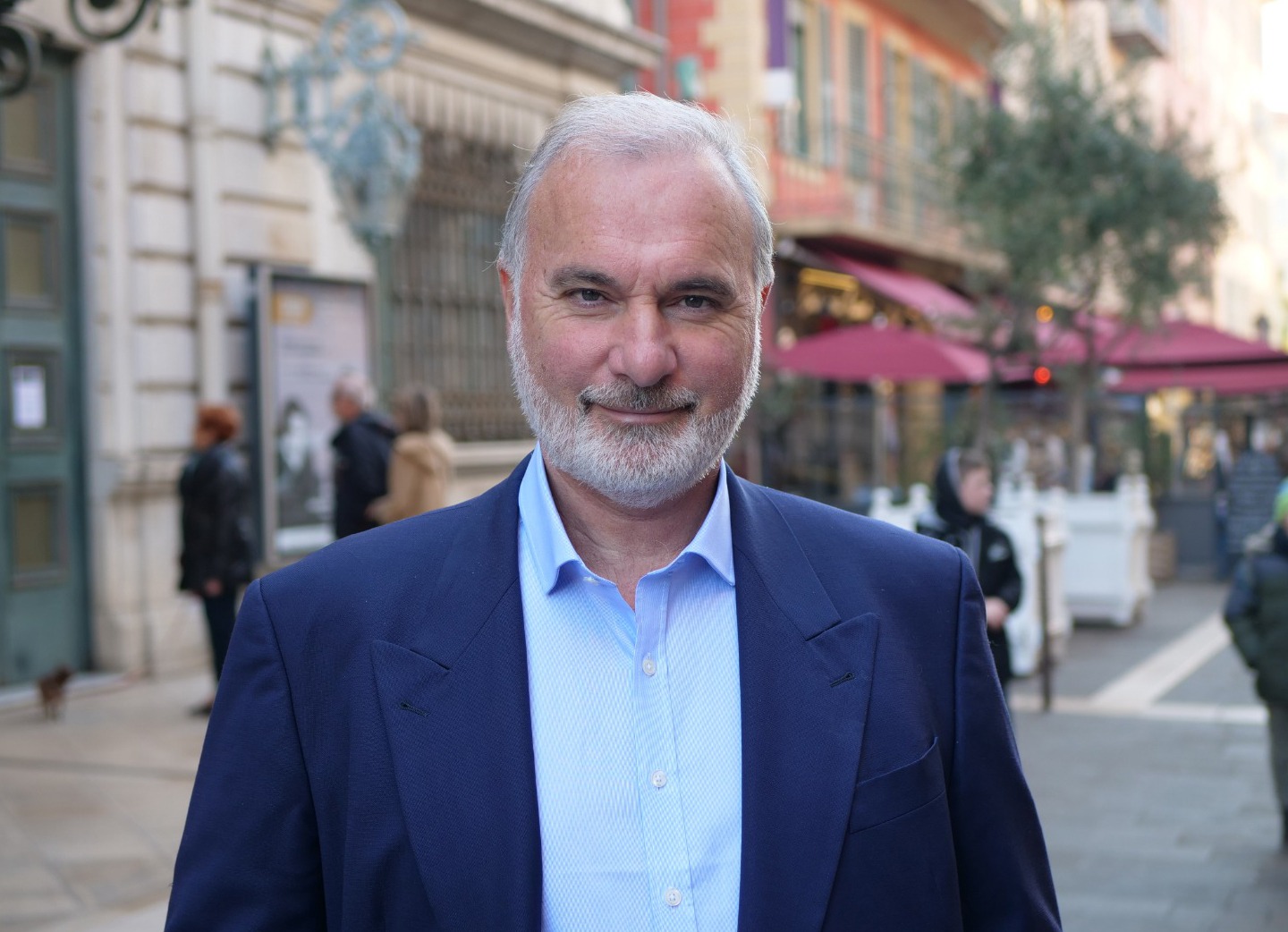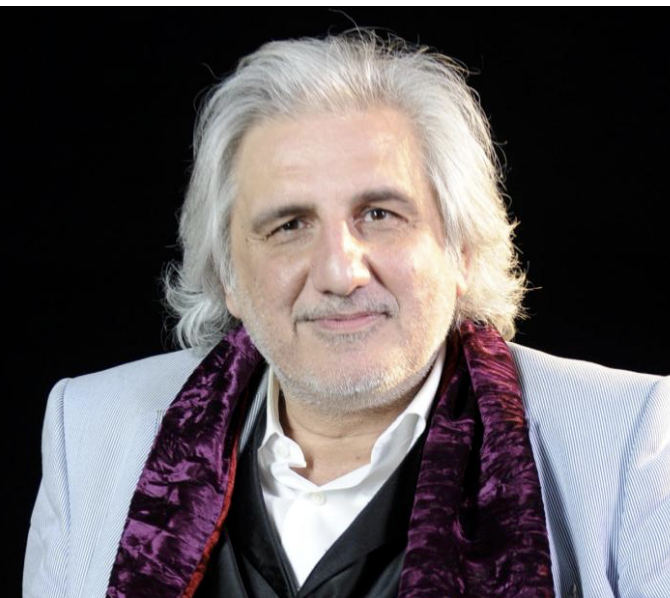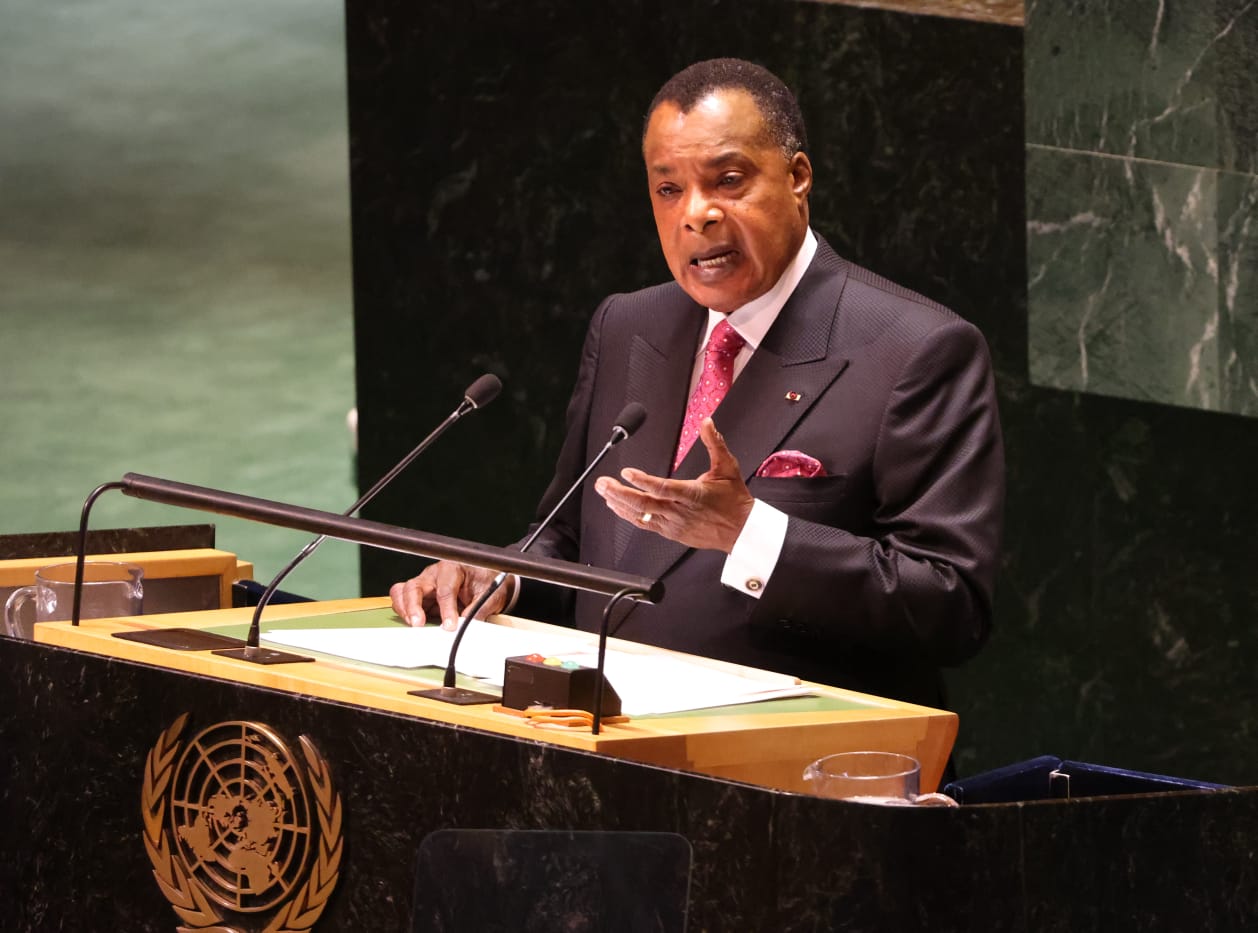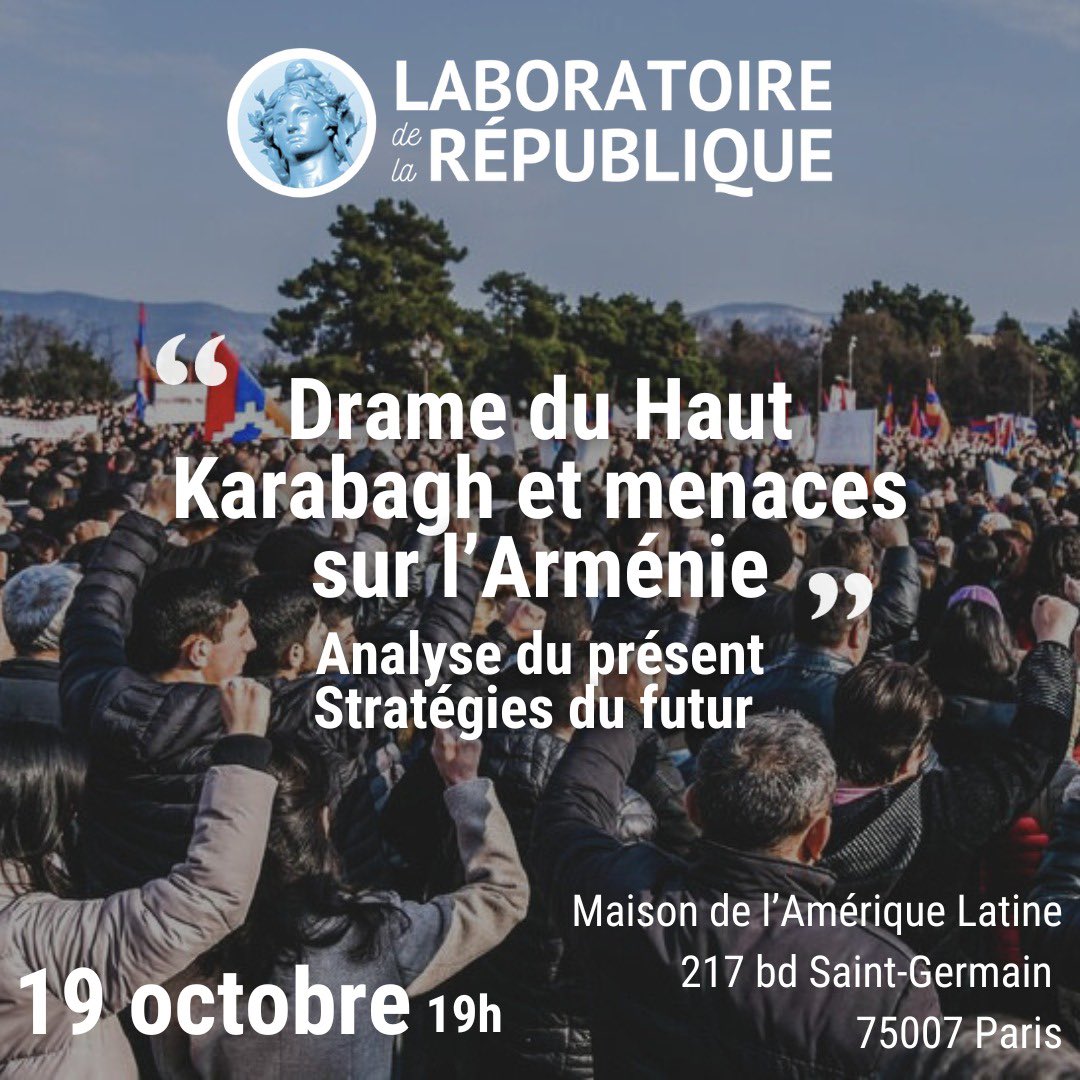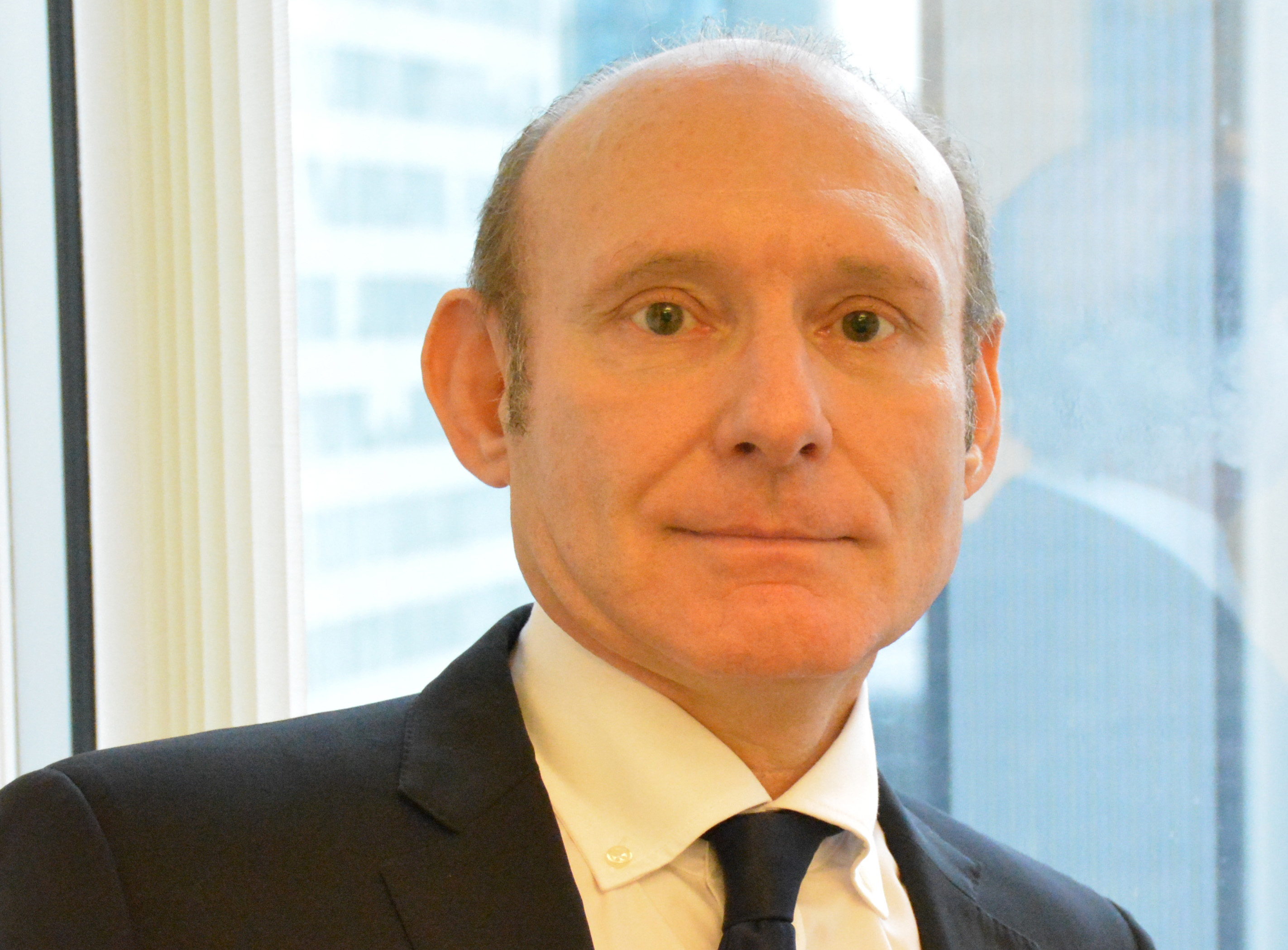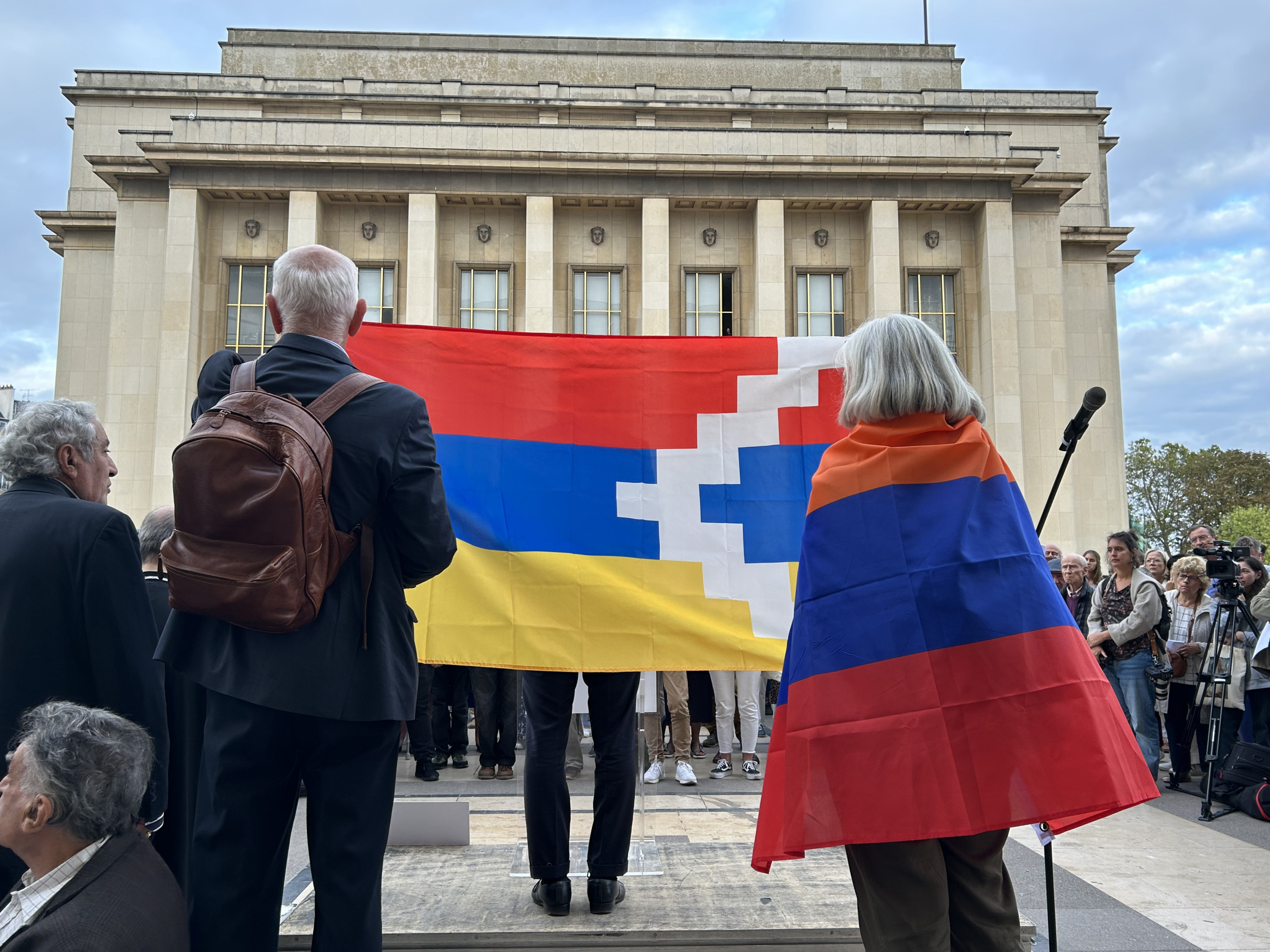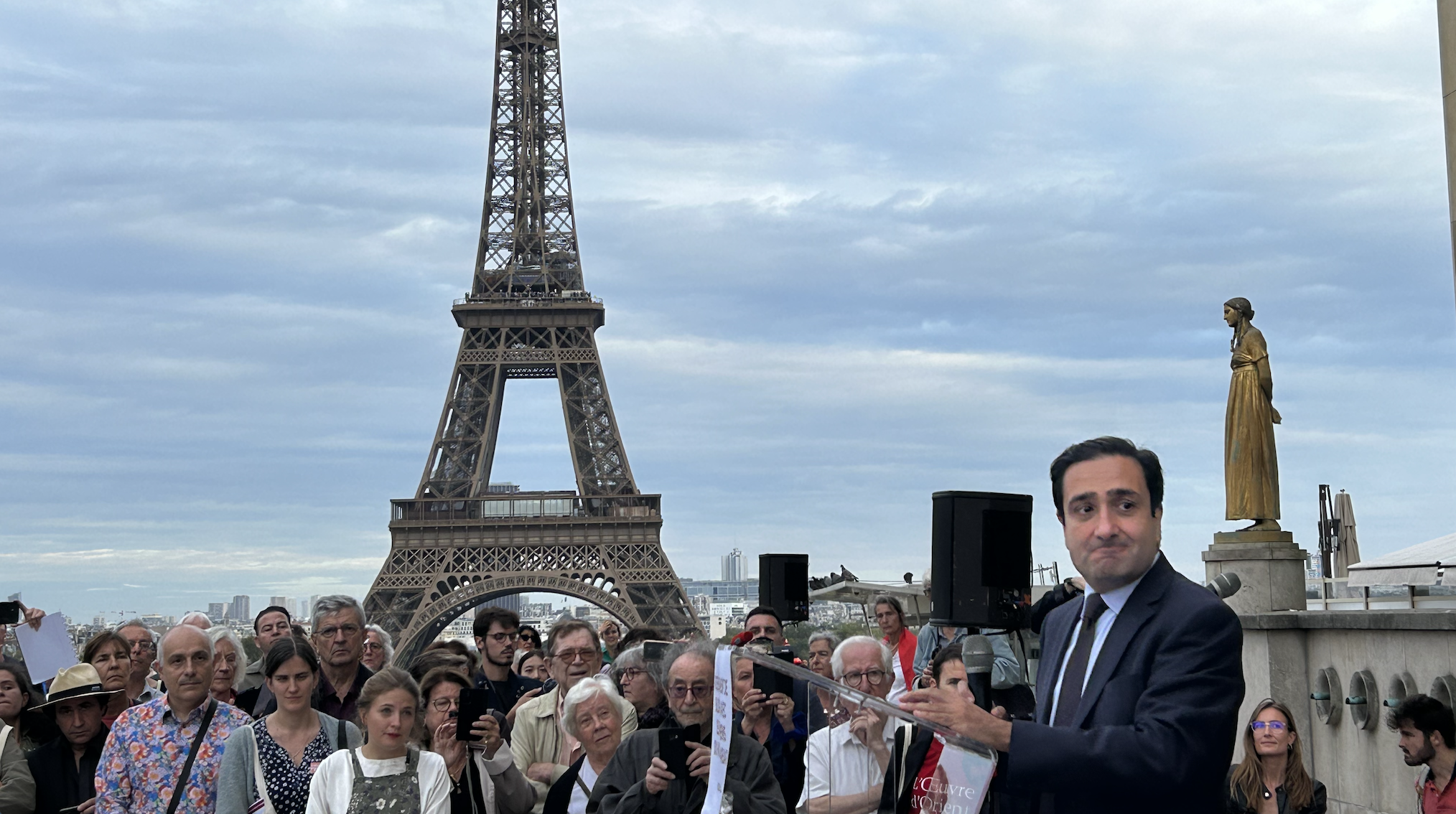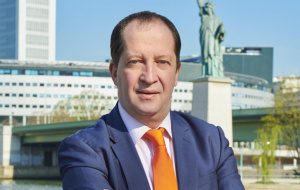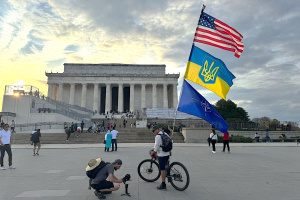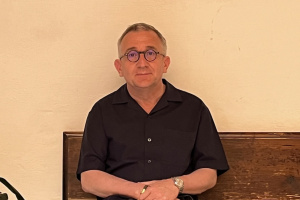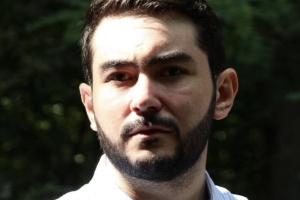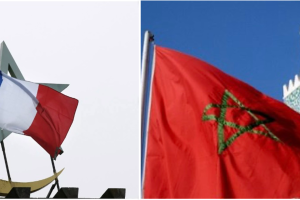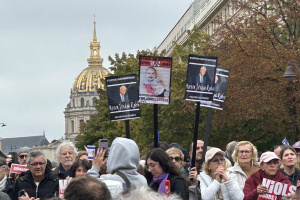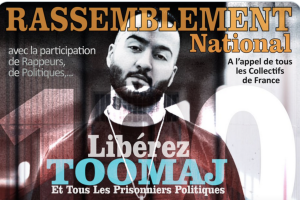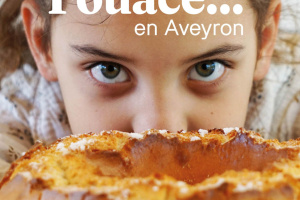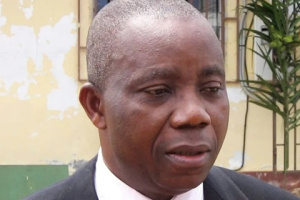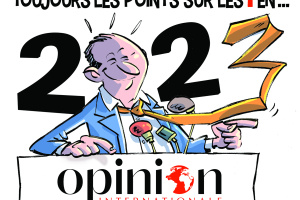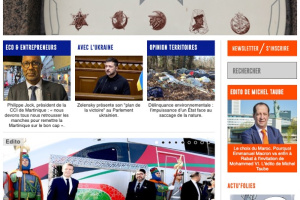One year. A year today that Qatar suffers an embargo that all the legal experts agree to recognize as illegal and largely ineffective since it does not really hinder the exports of the global gas giant that is this small Arabic kingdom accused of every crime in the book by its neighbours, Saudi Arabia and the United Arab Emirates.
A year that the Gulf Cooperation Council is plunged into a crisis that the mediations of Kuwait and the international community are trying to overcome.
A year since June 5, 2017, the Gulf has rocked with this embargo in a crisis as unprecedented as difficult to understand where regional and dynastic rivalries mingle, religious suspicions and geopolitics of hydrocarbons. A crisis also overflown from above by the « big game » of the powers in the sense that John Le Carré gave when he evoked the cold war of the last century.
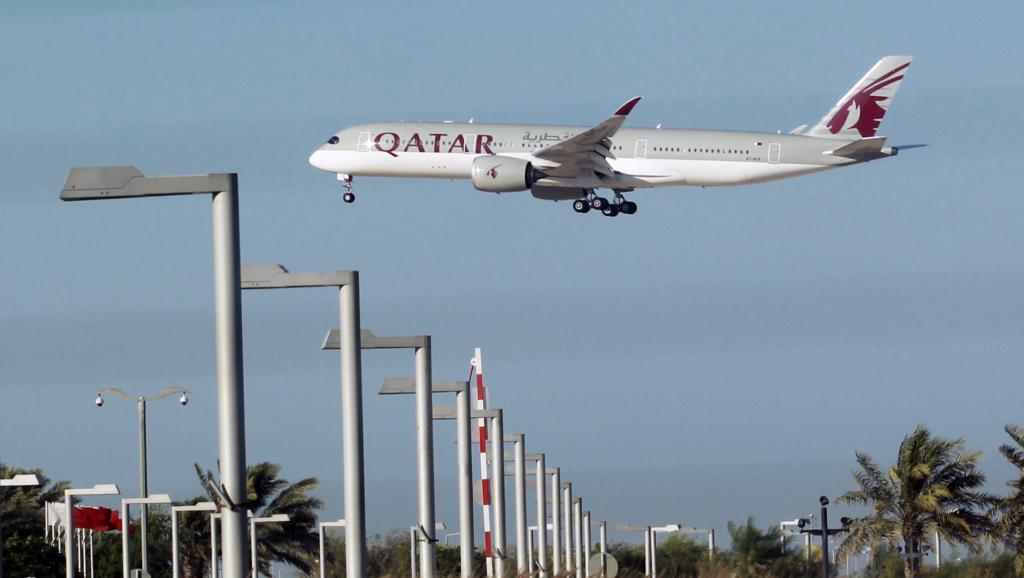
Nevertheless, with Qatar as with the rest of the Middle East, we have not returned to the time of the Washington-Moscow binary struggle. The Gulf crisis this time fits in the context of a globalized and interdependent world where the diplomacies of the great traditional powers are competing with the game of new very active players, starting with Saudi Arabia, Iran and Turkey, seeking to expand their political and religious influence just as the Syrian conflict is nearing the end of its most acute phase and Tehran enters permanently in the landscape. The Gulf crisis, like the more global one in the Middle East, is a blow to the ideology of interdependence described by Stanley Hoffman as a « decline of sovereignty, a kind of progressive pacification of relations by extension of the field of complex interdependence politics and finally of a growing regulation of the world order « .
The CIA has just released a collection of analyses on what the world will be in 2035. Like any predictive exercise, it is to be taken with infinite precautions. It will be remembered, however, that the foreseeable scarcity of inter-state wars will unfortunately not mark the birth of an irenic era in the sense given by Leibniz. It simply says that the big central systems, namely the United States, Europe, Russia and China, will not go to war but will engage in fierce competition.
Behind this analysis lies the likely multiplication of grey areas, predations and asymmetric conflicts, of which the Gulf crisis is a perfect example. In the tradition of Rousseau, Kant and Schiller, we can say that « the state of nature » will have taken precedence over the « state of culture ». Admittedly, the argument is not unrealistic because the repeated call to the manners of the multilateral order has been as incapable of preventing war in the Middle East as it has been to end the encirclement of a country that does not condemn yet any resolution of the United Nations.
The analysis of the Gulf crisis would bring us rather, though imperfectly, to the realistic school of international relations which, from Thucydides to Morgenthau, emphasized the determining role of force, the permanence of national ambitions, the imperative of balance, the impossibility of a peace by law, the morality of responsibility rather than the ethics of conviction, the importance of geopolitical factors in determining the objectives of states and the role of these among all the actors on the international scene.
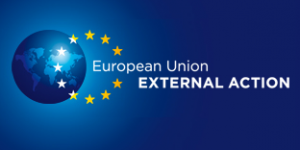
Europe can actively contribute to regional dialogue and crisis resolution in the Arabic Gulf
For my part, I have the conviction and the hope that the world order – and thus the regional order – is based rather on a dialectical combination between the action of States and that of the international community and that the Organized Europe has thus an interstitial space to play a leading role. For her, trying to get the Gulf out of the crisis is not just a good deed. It is also an objective of preventive diplomacy and a very concrete way of combating a latent risk of energy and security destabilization that can threaten Europe and fuel unnecessarily destabilizing crises, as we see in the Horn of Africa where the tensions between Doha and Abu Dhabi are relocated according to the respective support that the two countries bring to the local forces.
Power threatened more than threatening, doubting itself more than sure of herself and domineering, Europe – adept of the diplomacy of influence – can speak with everyone and detect small flaws in the frozen postures of players to try to unlock them. It can also seek to revive the Gulf Cooperation Council which remains, despite the artificial coma in which it is immersed, a unique tool of coherence and regional integration.
In this respect, there is no contradiction between the actions of national diplomats and that of the Union as such since their objectives converge. That is why Europe must relaunch the negotiations, support the efforts of Kuwait and Oman, push as much as it can Washington except for pro-Saudi bias and especially pave the way for consultation and a comprehensive dialogue.
As said Sheikh Saif bin Ahmed Al Thani, Director of the Government Communications Office of the State of Qatar on the one year anniversary of the blockade, “Qatar continues to call for dialogue to resolve our differences, but we will move forward and the illegal blockade will not define our future.” We are sure that their brothers in Emirates and Saudi Arabia will seize the opportunity to discuss as the Koweiti authorities are working for very hard.
Without this hope, the last pocket of stability in the Middle East could soon plunge into a crisis with serious consequences for the entire planet because of its immense energy resources and the interweaving of alliances and forces.
Michel Taube
Save-the-date: the European Union, a committed actor of the end of the GCC crisis
Tuesday June 26, 2018 from 17h to 19h, in Brussels (European institutions), Opinion Internationale, the media of freedoms and committed decision-makers, will organize an international conference on the role of the European Union in the resolution of the crisis of the Gulf Cooperation Council. With the participation of representatives of the Gulf and the European Union. Pre-book your seats here. Number of places limited.









